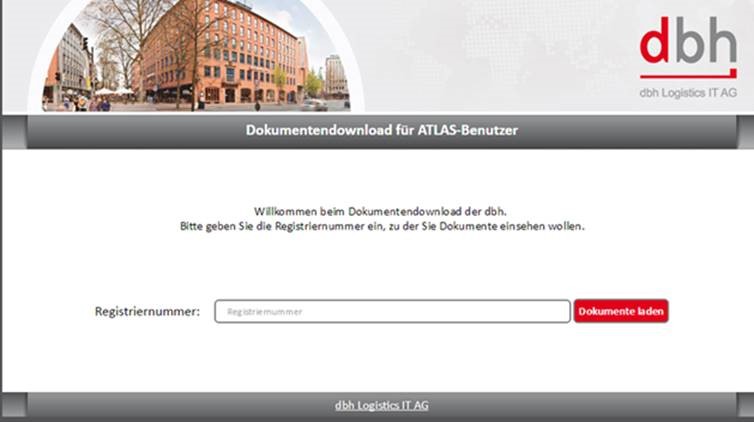In order to make a precise assessment of the relevant customs declaration, it may be essential that the data can be verified by presenting the relevant documents. Customs shall regularly request these necessary documents electronically as part of its decision to accept them. The associated possible time delay can be avoided by using a functionality created in the customs software Advantage Customs.

Easily provide documents to customs
In particular, fewer “critical” documents, such as invoices, can be “uploaded” to a central, protected location within the dbh infrastructure and a link can be communicated to customs within the customs declaration (additional information on the declaration or addition of the position). By using the link from the declaration, the customs officer then gets access to the dbh Cloud (transfer of the URL of the link into his browser) and can examine the existing or electronically available documents after entering the ATLAS registration number. Customs does not have to request these necessary documents first,but has them directly at its disposal. This allows the decision to be taken more quickly, without which, in most cases, a requirement would still be necessary.

Many customs offices open to new technology
This is a legally non-binding approach. Customs is not in principle required to use this documentation verification method. Individual coordination between the customs declaration sender and its competent customs duties is therefore necessary to use this function. However, various customs offices see this as an opportunity to make your workflow more effective. However, it is recalled that a bilateral agreement between the customs operator concerned and its customs office is a prerequisite.


